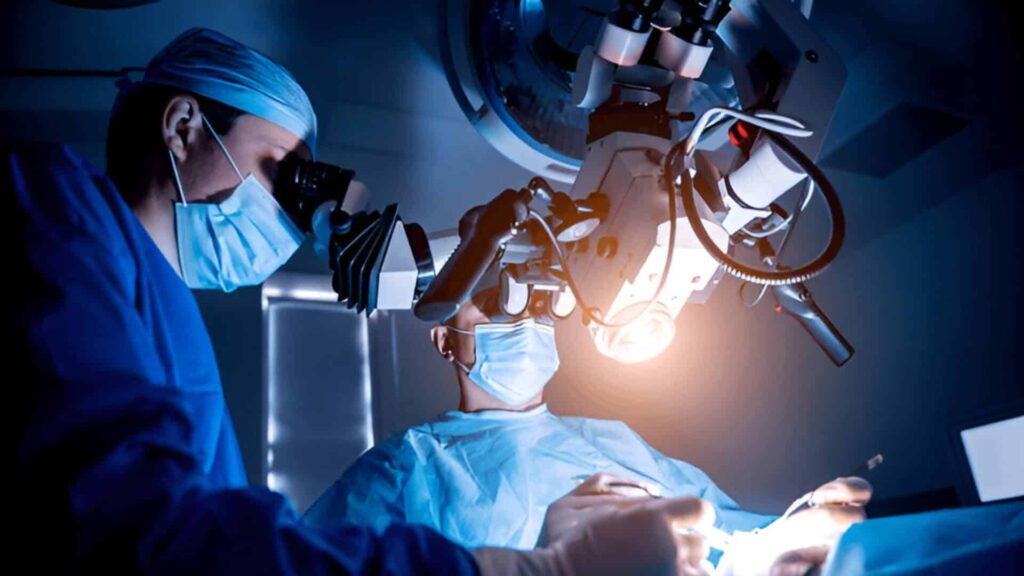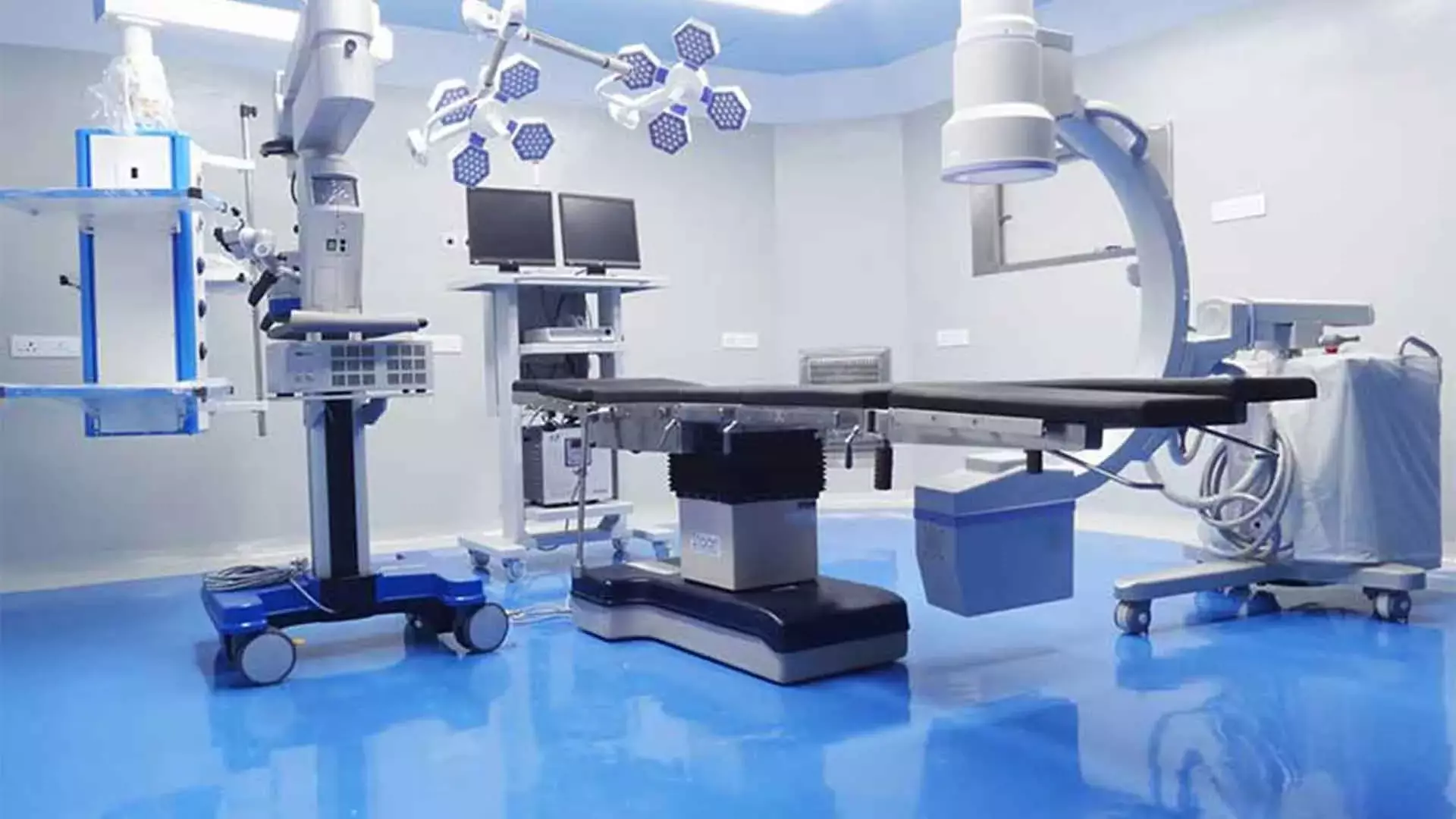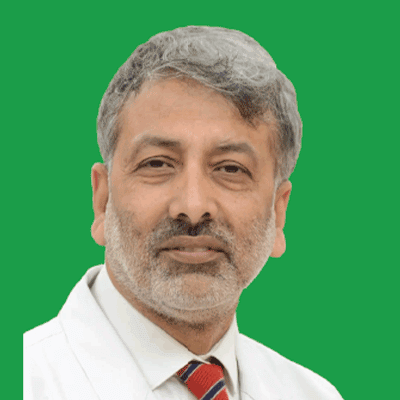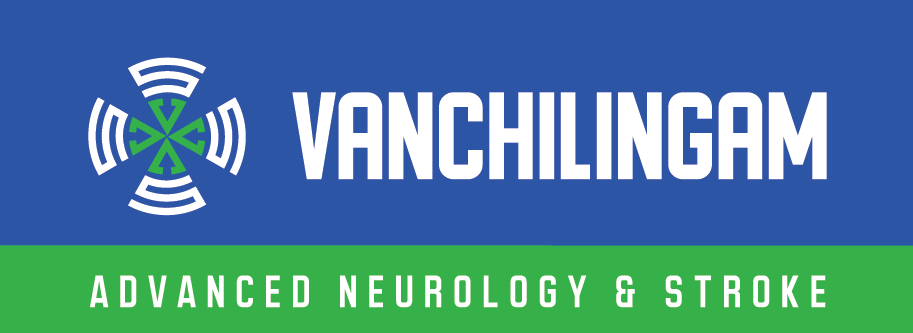Brain Tumor Surgery: Precision Neurosurgery for Safer Outcomes
- Surgical removal of benign and malignant brain tumors including gliomas, meningiomas, and metastases.
- Specialized procedures including open craniotomy, endoscopic tumor resection, and awake brain surgery.
- Image-guided neuronavigation and intraoperative monitoring for maximum tumor removal with safety.
- Multidisciplinary tumor board evaluation and surgical planning.
- Integrated care with oncology, neurorehabilitation, and long-term follow-up.
- For minimally invasive alternatives, see Embolization of Brain Tumors.
Brain Tumor Surgery: Expert Neurosurgical Care for Complex Brain Tumors
“Surgical precision meets compassionate care-for safer outcomes and brighter futures.”
Brain tumors-whether benign or malignant-can deeply impact neurological function, quality of life, and survival. At Vanchilingam Advanced Neurology and Stroke Care, we specialize in advanced brain tumor surgeries, offering highly individualized care using cutting-edge technology, intraoperative monitoring, and minimally invasive techniques wherever possible.
Some tumors may be managed or pre-treated with Embolization of Brain Tumors or Stereotactic Radiosurgery, but surgical excision remains the definitive treatment for many cases.
When Is Brain Tumor Surgery Recommended?
Surgery is often the first or primary treatment for brain tumors when:
- The tumor is accessible and operable
- There’s mass effect or pressure on brain tissue
- Symptoms like seizures, headaches, or neurological deficits worsen
- A tissue sample (biopsy) is needed for diagnosis
- The tumor shows signs of rapid growth or malignancy
- Other non-invasive options are ineffective or incomplete

Tumor Types Treated Surgically
- Gliomas and Glioblastomas
- Meningiomas
- Pituitary Adenomas
- Acoustic Neuromas (Vestibular Schwannomas)
- Metastatic Brain Tumors
- Pineal Region Tumors
- Craniopharyngiomas
- Ependymomas and Medulloblastomas (in children)
- Intraventricular and skull base tumors
Types of Brain Tumor Surgeries We Perform
Craniotomy for Tumor Resection
Open surgery to remove the tumor completely or reduce its volume (debulking) while protecting vital brain function.
Endoscopic Brain Tumor Surgery
Minimally invasive approach for intraventricular, skull base, and pituitary tumors through natural openings or keyholes.
Learn more on our Endoscopic Brain Surgery page.
Stereotactic Biopsy
Image-guided procedure to collect tumor tissue for diagnosis, especially in deep or inoperable tumors.
Awake Craniotomy
Used for tumors near speech or motor areas-patients remain awake for part of the procedure to preserve critical functions.
Pre-Surgical Evaluation and Planning
- MRI with contrast and functional MRI (fMRI)
- DTI (Diffusion Tensor Imaging) for white matter mapping
- PET and MR spectroscopy for metabolic profiling
- Neuronavigation and 3D modeling for operative precision
- Multidisciplinary tumor board discussion for individualized surgical strategy
Our Surgical Philosophy
We aim to:
- Maximize safe tumor removal while preserving quality of life
- Use minimally invasive methods whenever feasible
- Provide biopsy access for precise diagnosis in inoperable tumors
- Integrate surgical care with oncology, radiotherapy, and rehabilitation
Why Choose Vanchilingam for Brain Tumor Surgery?
- Expert neurosurgical team experienced in complex tumor resections
- Intraoperative neuro-monitoring and awake techniques to protect function
- High-end navigation, microscopes, and endoscopy for surgical precision
- Personalized surgical counseling to help patients and families make informed decisions
- Complete care pathway from diagnosis to post-op recovery and long-term follow-up
After Surgery: What to Expect
- Hospital stay of 3–7 days depending on the complexity
- Post-op imaging to confirm tumor removal
- Early initiation of physical therapy and neuro-rehabilitation
- Oncology referrals for chemotherapy or radiation, if needed
- Lifelong monitoring with periodic imaging and neurologic review
Hope Begins with the Right Surgery
At Vanchilingam Advanced Neurology and Stroke Care, we understand that brain tumor surgery isn’t just about removing a mass-it’s about preserving life, identity, and function. With leading surgical expertise and a human touch, we’re committed to helping you fight back with confidence.
Reach out to us today to schedule a surgical consultation and take control of your journey to recovery.
Meet the Specialists
Our team of dedicated specialists brings years of expertise and a passion for delivering personalized care.
Real Experiences, Real Results
Discover how Dr. Vanchilingam Advanced Neuro & Stroke Hospital has transformed the lives of our patients. Also hear our specialists talk about the services and solutions we offer for various neurological issues.





OUR SPECIALITY
Acute Stroke Unit
The Acute Stroke Unit is an acute neurological ward providing specialist services for people who have had a new suspected stroke. On the Acute Stroke Unit we provide: Thrombolysis treatment -treatment is started in the Emergency Department and you will have the rest of your Treatment and monitoring on the Acute Stroke Unit
OUR SPECIALITY
Advanced Neuro ICU
A neuro ICU is an Intensive Care Unit which is particularly devoted to a high – quality care of patients with the neurological problems that are life-threatening in nature. The neuro ICU of our hospital is a complete state of the art and a full-fledged one designed to provide almost all sorts of advanced neurological care to the normal patients as well as the patients in the emergency.
OUR SPECIALITY
Advanced Neuro Imaging
Our radiology department is a state of the art department with all the necessary infrastructure that is essential for effectively dealing with the neuro and neurosurgery emergencies at its best. The advanced neuroimaging techniques used by our doctors are as discussed below.
OUR SPECIALITY
Neuro interventional Cath Lab
A neuro-interventional Cath lab in a neurodiagnostic Centre is a specialized catheterization laboratory which has all the necessary diagnostic imaging equipment that is particularly used for the purpose of visualization of the arteries, veins and other vascular malformations of the brain and spinal cord.
OUR SPECIALITY
Neuro-Surgery Operating Room
The neurosurgery operating room of Dr.Vanchilingam Hospital, Neurosurgery Hospital is a fully functional and a state of art one that has the adequate infrastructure for effectively carrying out even the most complicated neuro surgeries with ease.
What types of brain tumors are treated with surgery?
We surgically treat a range of brain tumors including gliomas, glioblastomas, meningiomas, pituitary adenomas, acoustic neuromas, metastatic tumors, and pediatric tumors like medulloblastomas.
When is brain tumor surgery recommended?
Surgery is recommended when the tumor is accessible, causing symptoms, growing rapidly, or when a tissue sample is needed for diagnosis. It is also preferred when non-invasive treatments are not sufficient.
What surgical options are available for brain tumor treatment?
Surgical options include open craniotomy, endoscopic tumor resection, stereotactic biopsy, and awake craniotomy. Each method is chosen based on the tumor’s location, type, and impact on surrounding brain functions.
What is an awake craniotomy and when is it used?
Awake craniotomy is used for tumors near critical brain areas such as speech or motor regions. The patient remains awake during part of the surgery to help preserve essential neurological functions.
How does Vanchilingam Neurology ensure safe brain tumor surgeries?
We use image-guided neuronavigation, intraoperative neuro-monitoring, and multidisciplinary planning to ensure precision and safety during surgeries.
What can patients expect after brain tumor surgery?
Patients typically stay in the hospital for 3–7 days. Recovery includes post-op imaging, early physical therapy, possible oncology referrals, and lifelong follow-up with periodic scans.
Why choose Vanchilingam Advanced Neurology for brain tumor surgery?
Our team combines advanced surgical tools with compassionate care, offering personalized surgical planning, minimally invasive methods, and full-spectrum post-op support.
Is minimally invasive surgery available for brain tumors?
Yes, endoscopic surgery is used for select intraventricular, skull base, and pituitary tumors. It offers reduced recovery times and minimal disruption to healthy brain tissue.
What imaging and planning methods are used before surgery?
Pre-surgical planning involves MRI, functional MRI, DTI for white matter mapping, PET scans, MR spectroscopy, and 3D modeling to ensure surgical accuracy.
Can surgery be combined with other treatments?
Yes, surgery is often integrated with radiotherapy, chemotherapy, and neuro-rehabilitation to provide a comprehensive treatment pathway.











